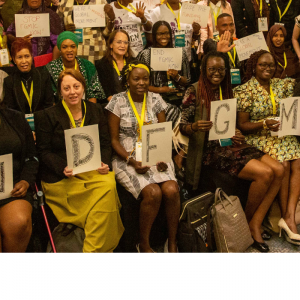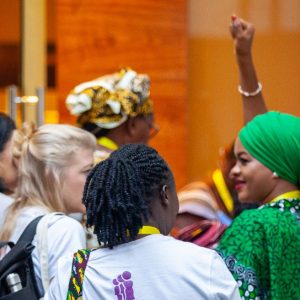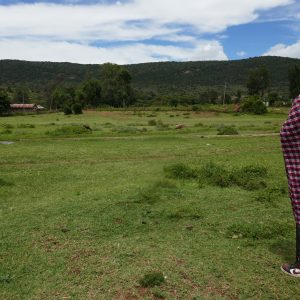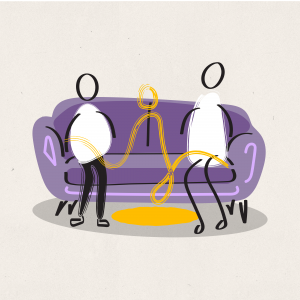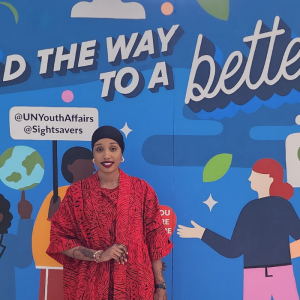From November 2015 to January 2016, Kamila Wasilkowska, a Gender, Monitoring and Evaluation Consultant, undertook an external evaluation of our project with Feed the Minds, a UK-based NGO, and the Education Centre for the Advancement of Women (ECAW) in Kuria, Kenya.
The main goals were to:
- assess the extent to which the project has met its objectives
- learn what has worked and why
- discover what can be enhanced
The evaluation used a mixed method approach consisting of a quantitative staff survey, participatory Focus Group Discussions and Key Informant Interviews with 80 stakeholders.
The evaluation concluded that the service delivery model provides good value for money, is rooted in community networks, is adaptive to local needs and has the long-term potential to bring about a move towards abandonment of FGC. Through this model over 25,000 conversations were initiated on FGC abandonment and girls and women’s rights (this includes repeat conversations with the same people) and there were over 3,000 attendees at Project activities, at least 1,000 of whom were distinct individuals.
The results of this evaluation are summarised here and you can see a full copy of the report here.
In February 2016, using a draft version of this report, Orchid Project, Feed the Minds and ECAW began to develop a new project to commence this year which builds upon the previous project, incorporating learning and recommendations from this evaluation.
Three main learnings that we took from the evaluation and plan to incorporate into our new programme are:
Go deeper rather than broader across villages
The evaluation showed that the current project goes too broad, and not deep enough into follow-up and sustained dialogue among the high number of stakeholders groups (8) and large geographic area (5 villages) covered. It suggested that high-level impact to reduce prevalence rates could be achieved if the project activities are scaled-up across all areas, or the number of villages is scaled-down. The new project will focus on two villages rather than five which are more rural and have little NGO presence. The new project will have the resources to do more in depth, sustained work, reaching more of the community within these areas.
Activities for fathers
The evaluation found that parents’ attitudes towards FGC remained mixed and attitudes among fathers were hard to change, with some reacting with anger on hearing what their daughters had learnt during the girls empowerment programme. ECAW plan to develop more in depth work with fathers than previously conducted, including a programme of work with parents, starting with separate Mothers and Fathers workshops.
Continue to engage the whole community through more mini-forums, utilising Paralegals
Overwhelmingly the community spoke highly of community forums and requested they continue, stating that women and men, old and young people are now able to talk about FGC in the same room. Mini-forums, held with a smaller number of people living nearby, allowed for ‘more dialogue, where all community members could join in the discussion’. Paralegals were said to be very well respected, trusted members of the community, providing the ‘link’ between the community and the organisation and the model was said to work in delivery.
There were some long time gaps between forums taking place and some Paralegals found challenges in facilitating forums (e.g. lack of confidence challenging senior community members). It was suggested that more mini-forums should be held, that FGC discussions should continue to be coupled with the needs of the community and that the capacity of paralegals should be increased, including intensive training on difficult issues, so that they gradually take on more responsibilities for facilitating discussions.
The new project will include all of these things, ensuring that forums are held fortnightly and that Paralegals receive regular training so that they are able to run more activities independently. Due to the success of community forums, the new project also plans to incorporate youth and children’s forums to enable all ages to have a similar chance to maintain dialogue on FGC and other issues.
Ultimately, the evaluation has enabled us, Feed the Minds and ECAW to really analyse our project, decide what works and what does not, and build a new, more sustainable programme toward an end to FGC in Kuria, Kenya.

